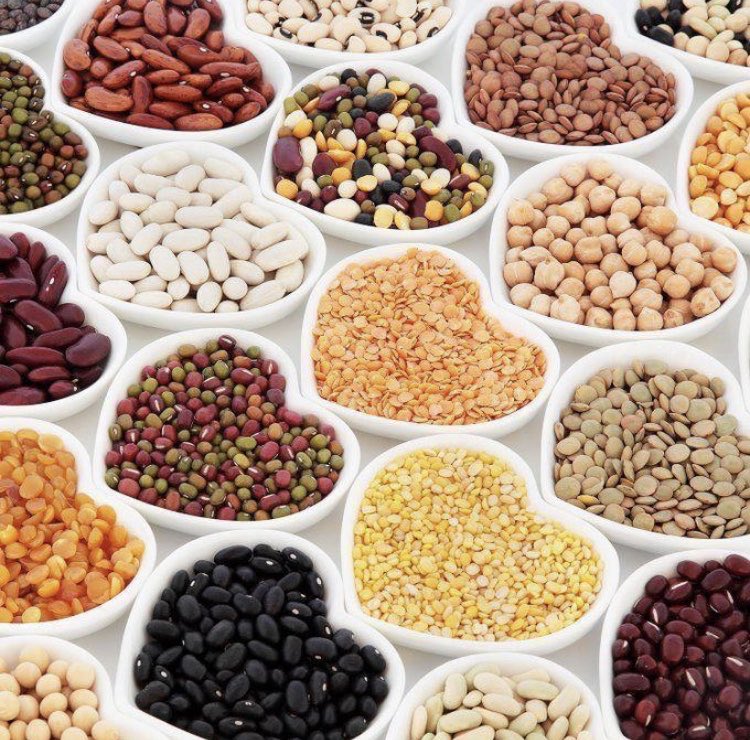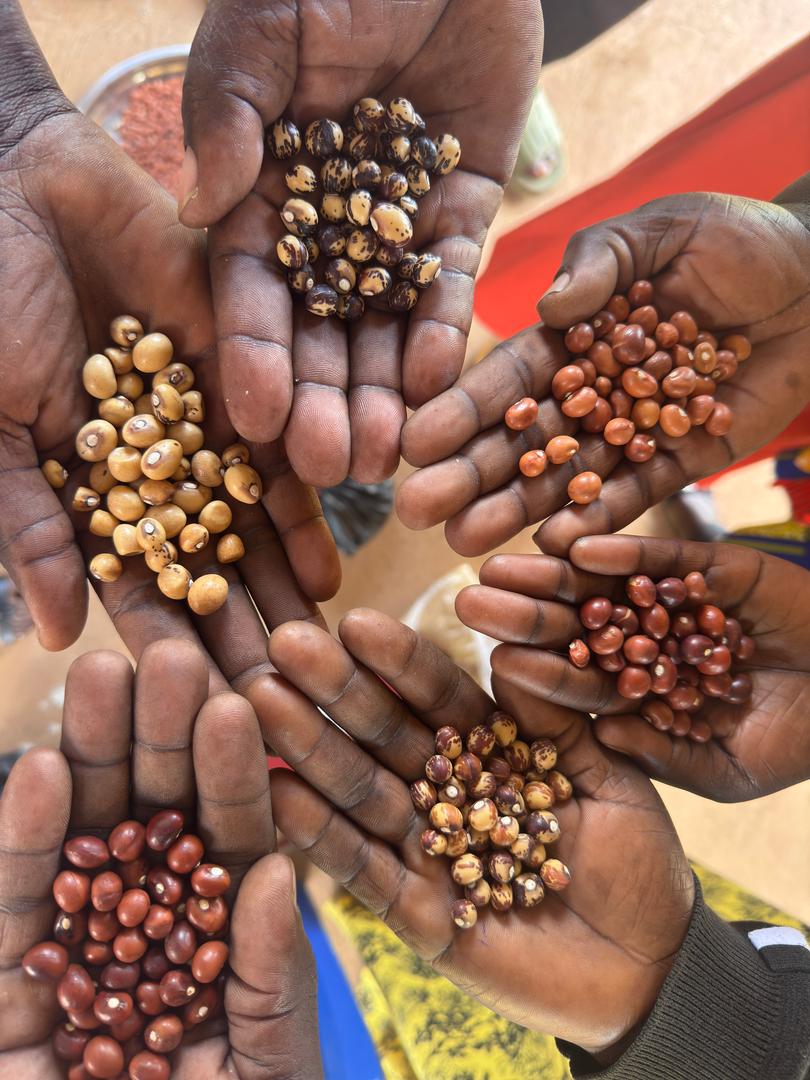Listeners:
Top listeners:
-
play_arrow
104.9FM Best rock music demo
-
play_arrow
Demo Radio Nr.1 For New Music And All The Hits!
-
play_arrow
Demo Radio Techno Top Music Radio
-
 play_arrow
play_arrow
Police Commissioner Launches Weapon and Riot Control Training for FCT Officers Democracy Radio
Protect Farmers’ Rights: Experts Urge Nigeria to Exit UPOV Treaty
todayApril 27, 2025 4

By Oluwakemi Kindness

The Federal Government has been urged to withdraw from the International Union for the Protection of New Plant varieties (UPOV 1991).
The call by a coalition of Ecological and Environmental Rights Activitists says the continuous membership is a threat to Nigeria’s food system.
They made the call in a statement at the weekend in commemoration of the 2025 World Seed Day day stressing that it is now crucial to develop a “Sui generis” seed protection system in line with the African Model Law.
According to HOMEF’s Executive Director, Nnimmo Bassey, “The Nigerian Plant Variety Protection (PVP) Law fails to recognize the country’s unique agricultural landscape, where over 80% of farmers are smallholder farmers who play a vital role in conserving and enhancing plant genetic resources.
These farmers he notes depend largely on traditional practices including saving, reusing and exchanging farm saved seeds.
Furthermore, he says the law creates an imbalanced environment where Intellectual Property Rights override farmers’ rights.

It promotes the dominance of commercial seed systems over farmers’ and indigenous seed systems, thereby marginalizing the very people who have sustained our food systems for generations
“HOMEF in partnership with other national and international organizations has since 2021 campaigned against the set up of the Nigeria’s Plant Variety Protection (PVP) Law which was developed as a requirement for membership in UPOV.
The PVP Law threatens farmers right, biodiversity and our food sovereignty. Despite our collective voice and a lawsuit against some key components of the law, The Nigerian government on 27th February 2025, deposited the instrument of accession and Nigeria was approved as the eightieth member of UPOV on 27th March 2025”
Also the Project Lead on Hunger Politics, Joyce Brown, notes that careful analysis of the PVP Law has shown that it places severe restrictions not only on the use of farm-saved seed (propagating material) but extends to harvested material (e.g., grain) and even further to products made directly from harvested material (e.g., milled maize).
Brown adds that the PVP law encourages the genetic modification of crops which have direct implications on human (use of herbicides and pesticidal crops) and environmental health (monocultures) as well as on biosafety (destruction of non-target organisms)
Meanwhile a Food Sovereignty Activist and Deputy Director of Environmental Rights Action, Mariann Bassey-Orovwuje highlightes that “the process of development of the PVP law was less than transparent.
She says no public hearings was held and there was lack of consultations and participation of smallholder farmers.
“This is in contrast to the Nigerian Constitution of 1999 which provides for democracy and social justice as per Article 14 (1) and 14(2) (c ).”
The coalition is further asking that Nigeria should prioritise the set up of seed banks at community, local government and state levels to ensure the preservation of indigenous varieties.
And in line with the theme for the 2025 World Seed Day: Empowering Farmers-Protecting Biodiversity, Nigeria should promote farmer-managed seed systems and invest in local, resilient seed networks that secure food and ecological justice. Our government should prioritise people over and above corporate interests.”
Photo credit…….X
Written by: Democracy Radio
Similar posts
Copyright Democracy Radio -2024


